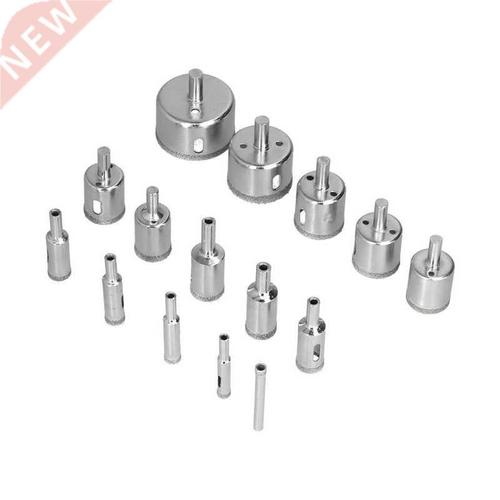
Drill Bit for Brick: A Comprehensive Guide
When it comes to masonry work, selecting the right drill bit is crucial. Whether you are a professional contractor or a DIY enthusiast, understanding the different types of drill bits available for brick can greatly enhance your efficiency and the quality of your work. In this article, we will delve into the various aspects of drill bits for brick, including their materials, designs, and applications.
Materials Used in Drill Bits for Brick
Drill bits for brick are typically made from high-quality materials that can withstand the hardness and brittleness of brick surfaces. The most common materials used are:

| Material | Description |
|---|---|
| High-Speed Steel (HSS) | HSS is a versatile material that offers good durability and heat resistance. It is suitable for general-purpose drilling in brick. |
| Carbide | Carbide bits are known for their exceptional hardness and durability. They are ideal for drilling through tough brick surfaces. |
| Tungsten Carbide | Tungsten carbide bits are even harder than carbide bits and are suitable for drilling through extremely hard brick materials. |
Each material has its own advantages and limitations, so it is important to choose the right bit based on the specific requirements of your project.
Designs of Drill Bits for Brick
Drill bits for brick come in various designs, each serving a specific purpose. Here are some common designs:
- Spade Bits: Spade bits have a wide, flat tip that is ideal for drilling large holes in brick. They are available in different sizes and are suitable for general-purpose drilling.
- Core Bits: Core bits are designed to remove a cylindrical core from the brick, leaving a clean, smooth hole. They are available in various diameters and are suitable for electrical installations and plumbing work.
- Masonry Bits: Masonry bits are specifically designed for drilling through brick and concrete. They have a pointed tip and a spiral flute design that helps in chip removal and reduces friction.
- Masonry Core Bits: Masonry core bits are similar to masonry bits but have a hollow center for removing the core from the brick. They are suitable for creating larger holes in brick walls.
The choice of design depends on the size of the hole you need to create and the specific application of the drilling.
Applications of Drill Bits for Brick
Drill bits for brick are used in a wide range of applications, including:

- Electrical Installations: Drilling holes in brick walls for electrical conduits and outlets.
- Plumbing Work: Creating holes for water pipes and drainage systems in brick structures.
- Decorative Projects: Drilling holes in brick for decorative purposes, such as hanging pictures or installing shelves.
- Repair Work: Drilling holes in brick for repair purposes, such as installing anchors or brackets.
It is important to select the right drill bit for the specific application to ensure the best results.
How to Choose the Right Drill Bit for Brick
Choosing the right drill bit for brick involves considering several factors:
- Material of the Brick: Different types of brick require different materials for the drill bit. For example, soft brick may require a high-speed steel bit, while hard brick may require a carbide or tungsten carbide bit.
- Size of the Hole: The size of the hole you need to create will determine the diameter of the drill bit you should use.
- Application: Consider the specific application of the drilling, such as electrical installations, plumbing work, or decorative projects.
- Drill Bit Design: Choose the appropriate design of the drill bit based on the size of the hole and the application.
By considering these factors, you can select the right drill bit for your brick drilling needs.







